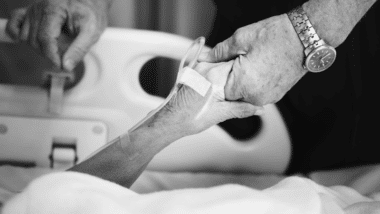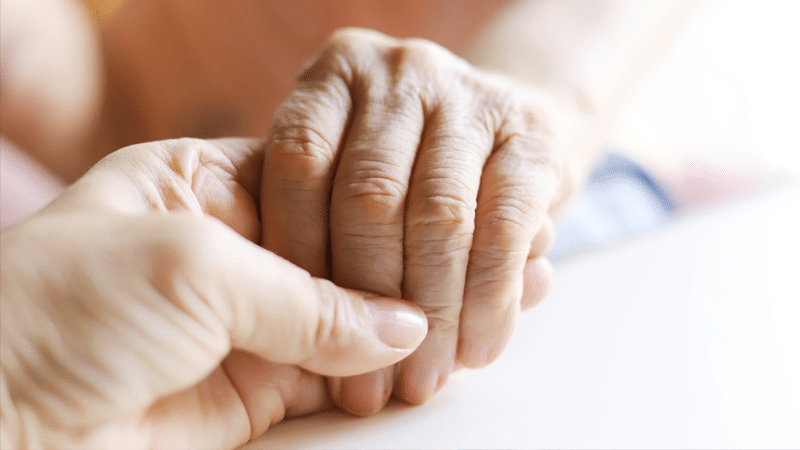A successful author has explained why he changed his mind on assisted suicide and cancelled his Dignitas membership.
Bereavement and research for a novel on a dystopian future where assisted suicide is legalised led novelist Paul Carroll to abandon his plans to die at the Swiss facility.
Columnist for The Times, Alice Thomson, also recently revealed that she no longer supports a change in the law allowing vulnerable people to seek help from medics to kill themselves.
‘Cherished’
In 2018, while in good health, Paul and his partner Nathalie paid their £195 membership fee and signed up to the controversial Dignitas facility.
Two years later, witnessing the death of Nathalie’s mother from cancer, he reflected: “You know it’s only a question of time. You don’t want them to suffer, and you’re suffering too.” But, he concluded, “there was not a millisecond when any of us thought, ‘let it be now’”.I realised the reality was completely different
Later the same year, after a long illness, Paul’s own mother died. He recalls: “I had wanted to be there for her. I realised the reality was completely different to the end of life situation I’d envisaged.
“I thought: ‘Why would we want to go to Dignitas if we were in a similar position?’ We would want every single breath we could take. An extra minute was to be cherished.’”
‘Hard facts’
The experiences provoked him to undertake research for a novel on the subject and, he explained, after “conducting a deep dive into the hard facts, shifting parameters, bleak practicalities and risks of legalised assisted dying, I found myself doing a complete U-turn”.
He told The Daily Telegraph that the day he finished his book, ‘Shaking Hands With Elvis’, he destroyed his Dignitas membership. Nathalie followed suit.I realised the reality was completely different
He concluded: “I’ve witnessed how strong the life force is even when it would have been easier to give up and the impact a personal decision of that magnitude has on the people who are left behind. Even in that poor state, the end of life is precious.”
Future dangers
Alice Thomson wrote in The Times that she and her husband had promised to “try to help each other die peacefully if either of us suffers from a debilitating, painful, terminal illness and we believe our quality of life has become unbearable”.
“But then”, she explained, “I started reading research from other countries that had introduced right-to-die laws: Canada, the Netherlands, Belgium, various American states.I realised the reality was completely different
“It made me feel increasingly uncomfortable. The consequences of allowing people to take ownership of their deaths appeared hard to contain.”
She added: “I don’t think Britain is full of granny killers nor do I want the terminally ill to have to starve themselves to death, but I don’t trust our politicians to get this legislation right — or future parliaments to hold the line.”

Isle of Man warned ‘euthanasia slippery slopes are real’
MPs champion a society of ‘hope and value’ over assisted suicide
Belgium: Insurance boss backs euthanasia for elderly to save money



